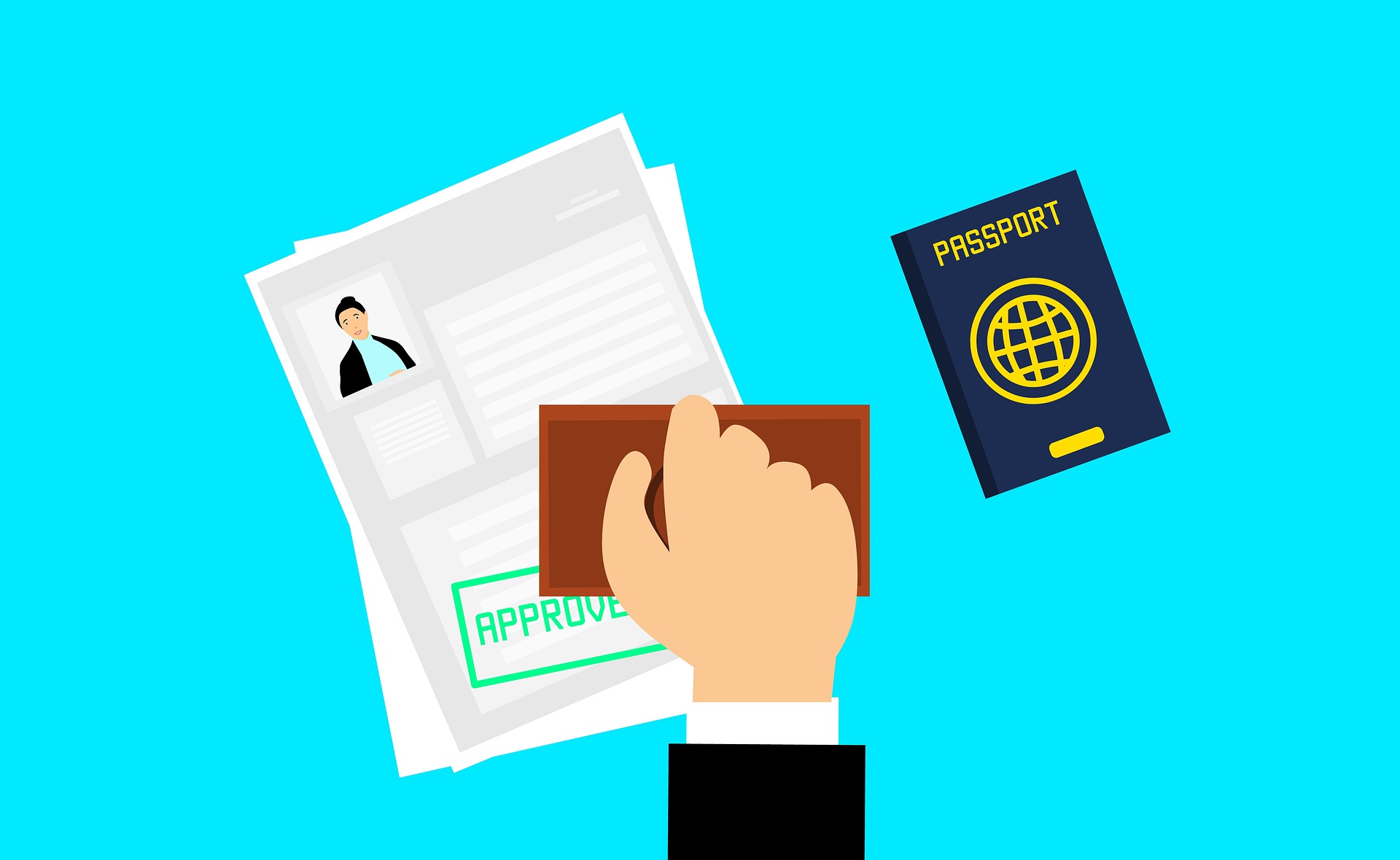What To Include in an ‘If I Go Missing’ Packet
Finding a missing person can take a while. Procedural delays in investigations can cost precious minutes, hours, and days, making it more difficult as time goes on. As police and searchers hit roadblocks, many wonder if there’s a way to provide them with crucial evidence early in the process.
After a recent uptick in interest in “true crime” podcasts and documentaries, more and more people are creating “If I Go Missing” packets. These contain physical copies of important identifying information and normal habits that loved ones and authorities can use if you go missing.
In fact, police are now recommending that more people make “If I Go Missing” packets simply due to the efficiency of not needing search warrants for things such as phone and bank records if you provide that information already. This information can also be useful in any emergency situations where a loved one might need your sensitive information, such as fires, medical emergencies, and more.
What To Include and Why
There is a long list of things that you can put into your packet. However, there are some items that are more important than others.
Physical Descriptors:
- Recent photos of yourself, including clothing and accessories you commonly wear, and any identifiable markings, like scars and tattoos
- Copies of your driver’s license, passport, birth certificate, and other forms of identification.
- Physical details, such as height, weight, hair and eye color, and your birthday
- Health information, such as blood type, medical conditions, and medications
- Vehicle information, such as make and model, license plate, and color
One of the first things that police will want to know once someone files a missing persons report about you is your physical description, what you were last seen wearing, and any health conditions that might need immediate attention. For example, if you have diabetes and go missing without your insulin, the police will need to find you as soon as possible to provide aid.
Account Information:
- Usernames and passwords of important accounts like email, your phone, social media, health care provider, and bank accounts, as well as any two-step authentication attached to these accounts
- iCloud and Apple ID information for iPhone users and Google accounts information for android users
Authorities and loved ones can use your account information to track your possible whereabouts. Without having this information handy, police will have to wait for a search warrant to get access to your phone and other personal communication devices, which could take more time than you might have.
Other Important Information:
- A breakdown of your daily schedule and normal travel routes
- A list of frequently visited places and your normal travel routes to these
- Names of friends, family, significant others, and coworkers with their contact information
- Handwriting samples, fingerprints, and DNA samples (if possible)
- Written permission for someone to use your packet and help find you in the event that you go missing
Again, this is mostly anything that can help save the police time in gathering the information they need to find you. The more information you include in your packet, the better.
It might also be helpful to include law enforcement contact info of the places and jurisdictions you are likely to visit. This will make it easier for whoever is using your packet to call the right agency to help find you, depending on where you were last seen or supposed to be. You can also include a list of people you’d prefer to have handle certain aspects of your packet, it’s important to note, however, that this will likely not be a legally binding document.
Filing a Missing Persons Report
The first 48 hours after a person goes missing are the most crucial. Contrary to popular belief, you do not have to wait 48 hours to file a missing persons report, and it’s recommended that you file it the minute you suspect or find out that someone you know is missing. And, if at first you don’t succeed, try again and again.
There are some obvious downsides to keeping an “If I Go Missing Packet.” Yes, this is sensitive information you are keeping in a somewhat easily accessible place. However, the time that having this information will save in the long run could be worth it. That makes it important to keep the location of this packet limited to only a few people. Do not keep it online.
Related Resources
You Don’t Have To Solve This on Your Own – Get a Lawyer’s Help
Meeting with a lawyer can help you understand your options and how to best protect your rights. Visit our attorney directory to find a lawyer near you who can help.






